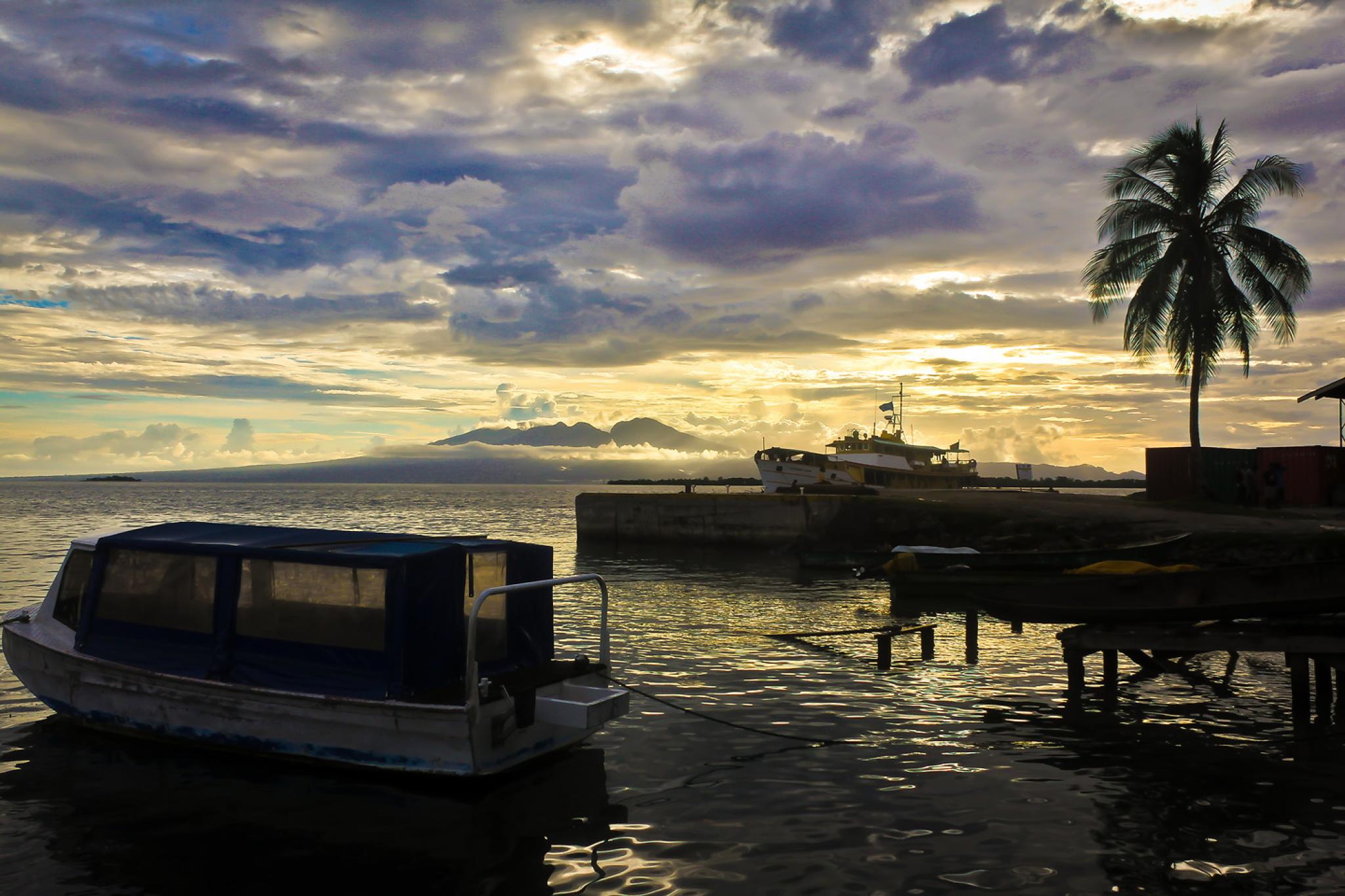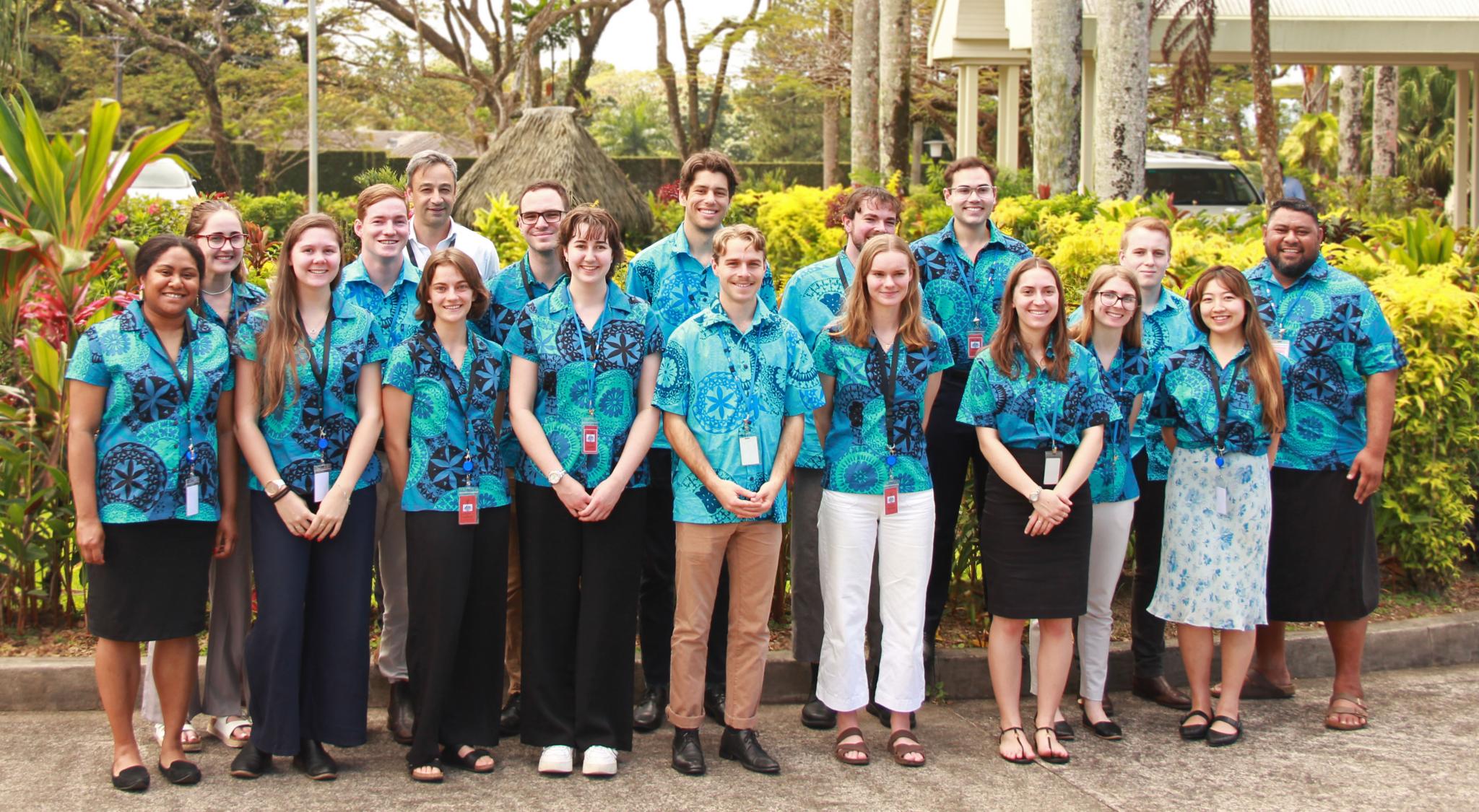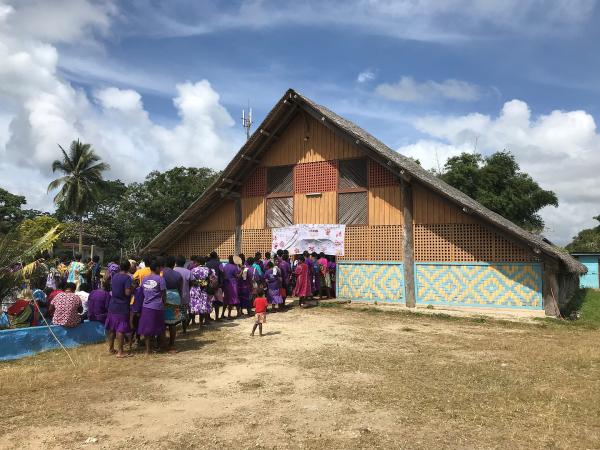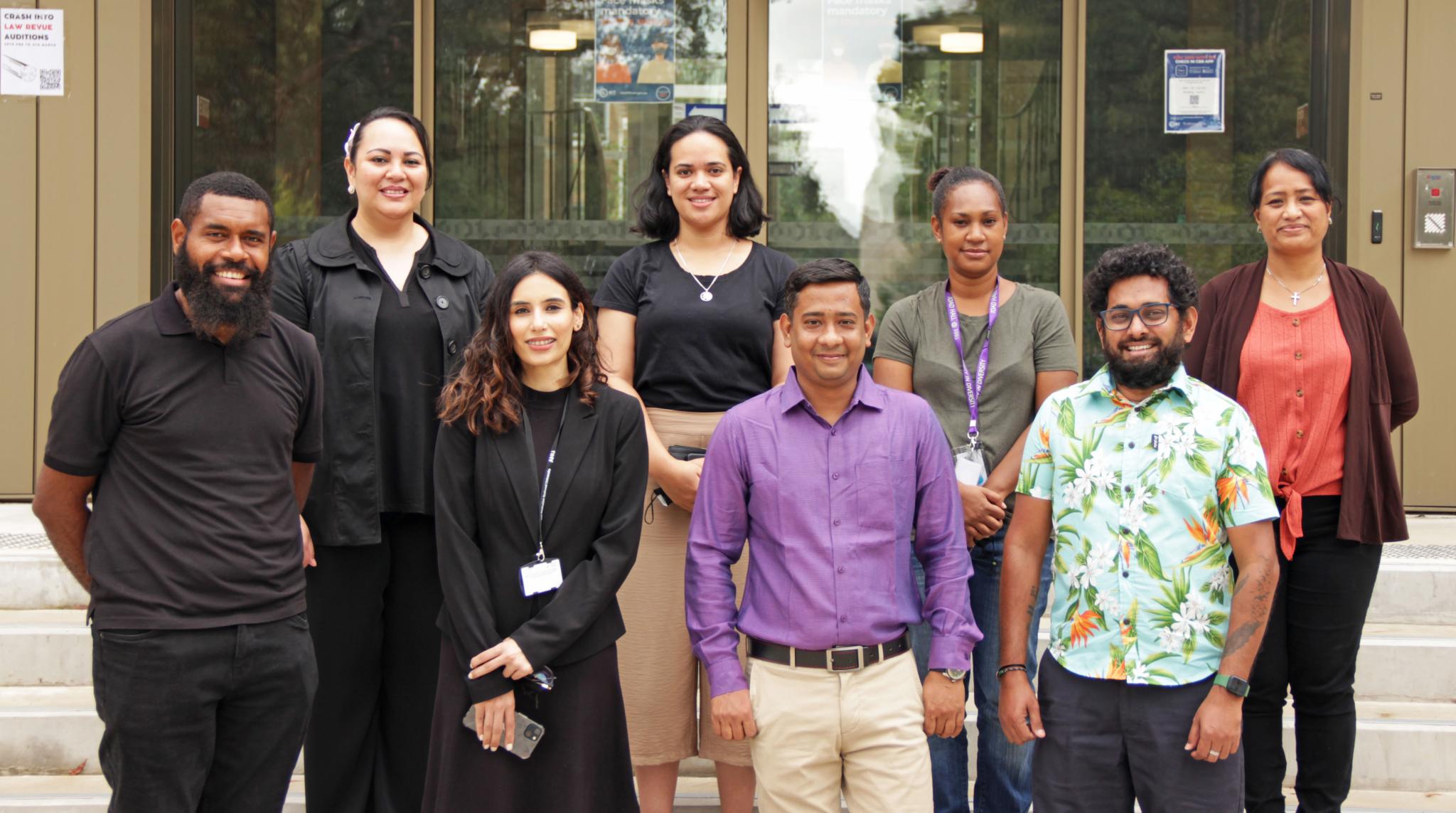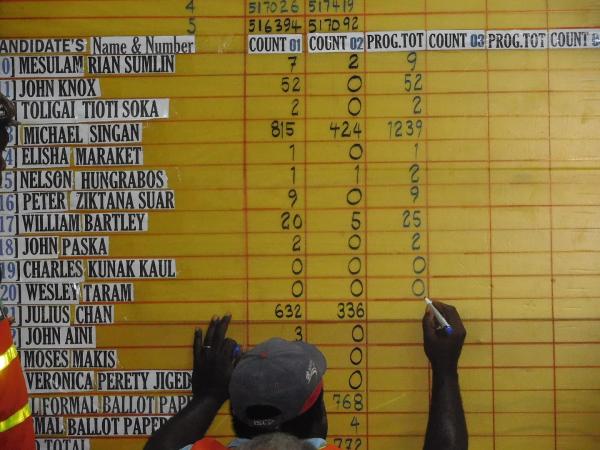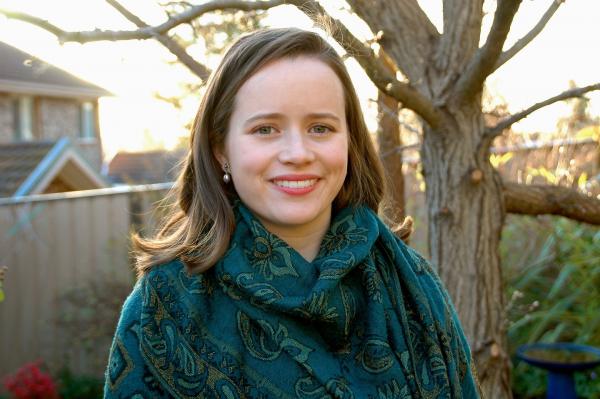More than ever, the Pacific is of vital strategic importance to Australia. For people working on and in the Pacific, it is critical to develop a robust understanding of the region to fully understand the region and grasp the challenges it faces.
Programs and courses offered by the Department of Pacific Affairs (DPA) are designed to facilitate broader and deeper education on the Pacific region amongst policymakers, program designers, researchers, analysts and others who want to focus on the region.
